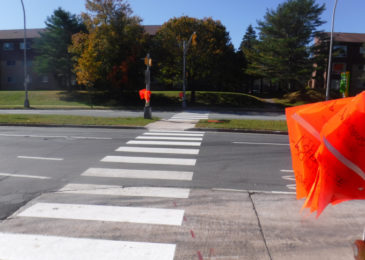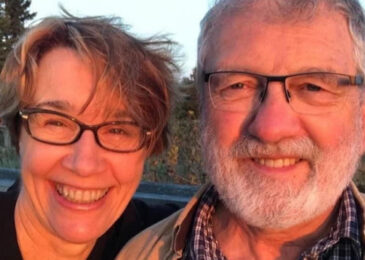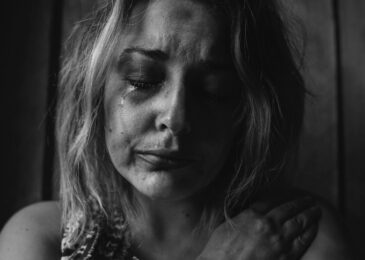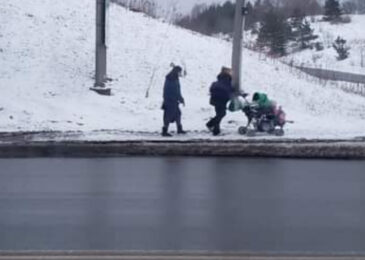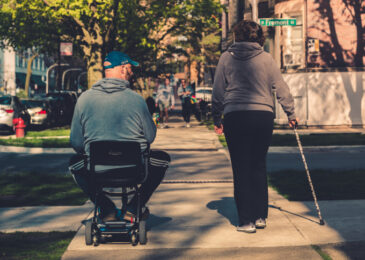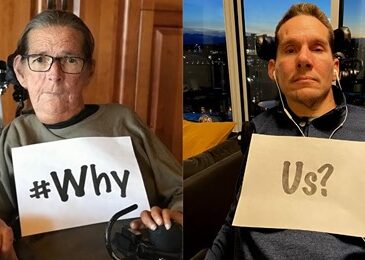Urgent letter on pedestrian safety to Premier Iain Rankin, Mayor Mike Savage and Member of Parliament Andy Fillmore
“Senior after senior after senior, now eleven in a row, are being killed on urban crosswalks and roads that neglect to appropriately consider the needs of people who are slower movers…” The tireless Martyn Williams writes an open letter to the people who can and must fix this.

